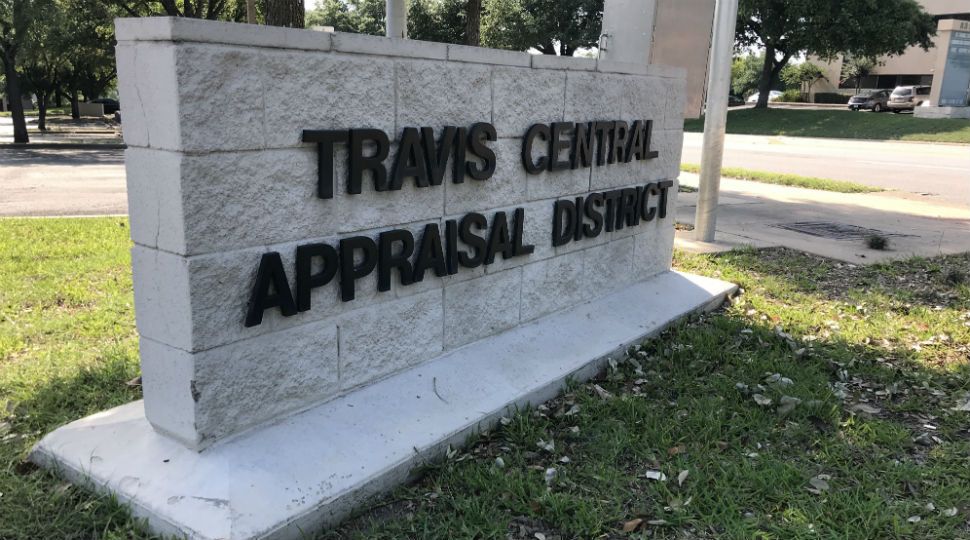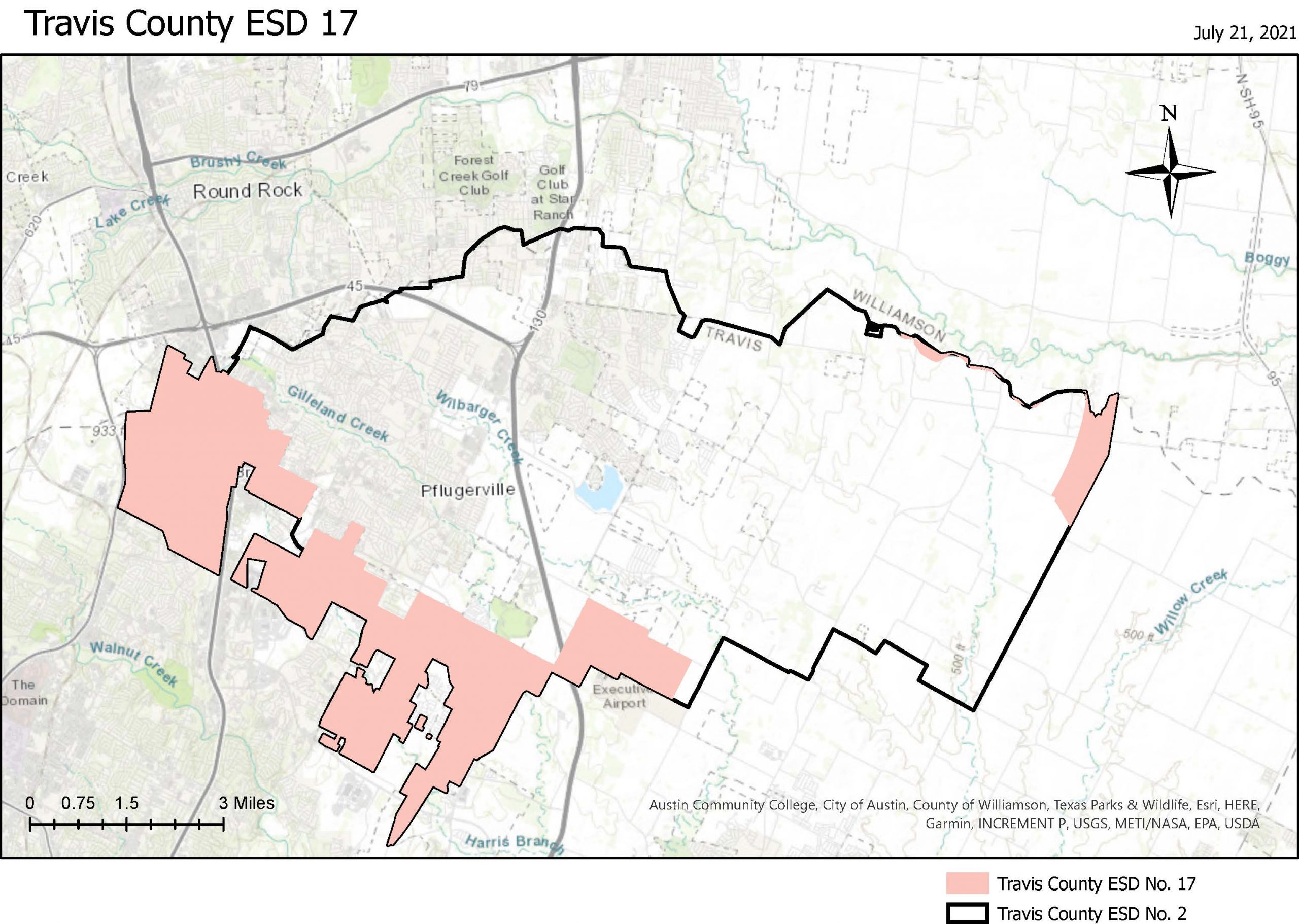The Travis Appraisal District plays a critical role in determining property values within Travis County, Texas. Established to ensure fair and accurate property tax assessments, the district operates as an independent entity tasked with the appraisal of all real estate and business properties. For property owners, understanding how this district operates and the factors influencing property valuations can significantly impact tax liabilities. Whether you're a homeowner, a commercial property owner, or a business operator, staying informed about the Travis Appraisal District's procedures and deadlines is essential for safeguarding your financial interests.
Property taxes are one of the primary revenue sources for local governments, schools, and public services in Texas. The Travis Appraisal District's responsibility extends beyond mere valuation; it serves as a crucial link between property owners and taxing entities. By adhering to state regulations and employing certified appraisers, the district ensures transparency and equity in the appraisal process. As property values fluctuate due to market conditions, renovations, or economic shifts, the district continually updates its records to reflect the most accurate assessments.
For many property owners, navigating the complexities of property appraisals and tax assessments can be overwhelming. This guide aims to demystify the Travis Appraisal District's operations, offering actionable insights and strategies to manage property taxes effectively. From understanding the appeals process to leveraging exemptions and deductions, this article provides a detailed overview to empower homeowners and businesses alike. Let's delve into the intricacies of property appraisal and taxation in Travis County.
Read also:Mastering The Art Of Shell Oil Lube Match A Comprehensive Guide
What is the Role of Travis Appraisal District?
The Travis Appraisal District (TAD) serves as the cornerstone of property tax administration in Travis County. Its primary role is to determine the market value of all properties within the county, ensuring that assessments are equitable and in compliance with state laws. The district collaborates with various taxing entities, including school districts, cities, and counties, to allocate funds for essential services such as education, public safety, and infrastructure development. By maintaining an accurate and up-to-date property database, the TAD ensures that all property owners contribute fairly to the community's financial needs.
How Does Travis Appraisal District Determine Property Values?
Property valuation involves a meticulous process that considers multiple factors, including location, size, condition, and recent sales of comparable properties. The Travis Appraisal District employs certified appraisers who conduct physical inspections and analyze market trends to arrive at fair assessments. Additionally, property owners can provide documentation of improvements or depreciation to ensure accurate valuations. Understanding these methodologies can help property owners challenge incorrect assessments and protect their financial interests.
Why Should Property Owners Care About Travis Appraisal District?
Property taxes directly affect homeowners' and businesses' bottom lines, making it imperative to stay informed about the Travis Appraisal District's activities. By monitoring annual appraisal notices and participating in the appeals process when necessary, property owners can ensure that their assessments align with market realities. Furthermore, being aware of available exemptions and deductions can significantly reduce tax burdens, allowing individuals and businesses to allocate resources more effectively.
How Can Property Owners Appeal Their Appraisal?
If a property owner believes their appraisal is inaccurate or unfair, they have the right to appeal the decision. The Travis Appraisal District provides a formal appeals process, allowing owners to present evidence supporting their case. This may include recent sales data, property condition reports, or other relevant documentation. Understanding the appeals timeline and procedures is crucial for a successful outcome, as deadlines are strictly enforced.
What Are the Key Deadlines for Travis Appraisal District?
The Travis Appraisal District operates on an annual cycle, with specific deadlines for various processes. Property owners must be aware of these dates to ensure timely actions. For instance, the deadline for filing protests against appraisals typically falls in May, while exemptions and deductions must be claimed by April 30th. Staying organized and proactive can prevent missed opportunities and potential penalties.
Can Property Owners Request a Reappraisal?
Yes, property owners have the option to request a reappraisal if they believe their property has been overvalued. The Travis Appraisal District encourages open communication and transparency, allowing owners to engage in discussions with appraisers to resolve discrepancies. By providing clear and compelling evidence, property owners can often achieve favorable outcomes without escalating to formal appeals.
Read also:Mastering The Flvs Flex Student Login A Comprehensive Guide
What Exemptions Are Available Through Travis Appraisal District?
The Travis Appraisal District offers several exemptions to eligible property owners, reducing their taxable values and, consequently, their tax liabilities. Common exemptions include homestead exemptions for primary residences, agricultural exemptions for rural properties, and disability exemptions for veterans and seniors. Understanding these options and ensuring compliance with application requirements can lead to substantial savings.
How Does the Travis Appraisal District Impact Local Communities?
As a vital component of local governance, the Travis Appraisal District contributes significantly to the development and maintenance of Travis County's infrastructure and services. By accurately assessing property values, the district ensures that funds are distributed equitably among various taxing entities. This, in turn, supports public schools, healthcare facilities, emergency services, and other essential programs that enhance the quality of life for residents.
What Steps Can Property Owners Take to Prepare for Appraisal Season?
To navigate appraisal season effectively, property owners should take proactive steps, such as reviewing previous appraisal notices, gathering relevant documentation, and staying informed about local market conditions. Additionally, understanding the Travis Appraisal District's processes and deadlines can empower owners to act promptly and confidently. By preparing in advance, property owners can minimize stress and maximize their chances of achieving favorable outcomes.
Conclusion: Empowering Property Owners in Travis County
The Travis Appraisal District plays a pivotal role in shaping the financial landscape for property owners in Travis County. By providing transparent and equitable assessments, the district ensures that all stakeholders contribute fairly to the community's growth and development. For property owners, staying informed and engaged in the appraisal process is key to managing tax liabilities and protecting their investments. This guide serves as a valuable resource, offering comprehensive insights and practical advice to navigate the complexities of property taxation in Travis County.
Table of Contents
- Understanding Travis Appraisal District: A Comprehensive Guide for Property Owners
- What is the Role of Travis Appraisal District?
- How Does Travis Appraisal District Determine Property Values?
- Why Should Property Owners Care About Travis Appraisal District?
- How Can Property Owners Appeal Their Appraisal?
- What Are the Key Deadlines for Travis Appraisal District?
- Can Property Owners Request a Reappraisal?
- What Exemptions Are Available Through Travis Appraisal District?
- How Does the Travis Appraisal District Impact Local Communities?
- What Steps Can Property Owners Take to Prepare for Appraisal Season?
In summary, the Travis Appraisal District's operations are designed to promote fairness and transparency in property taxation. By leveraging the knowledge and resources provided in this guide, property owners can make informed decisions and take decisive actions to protect their financial well-being. Whether through appealing assessments, claiming exemptions, or staying updated on local regulations, proactive engagement with the Travis Appraisal District can yield significant benefits for all stakeholders involved.


